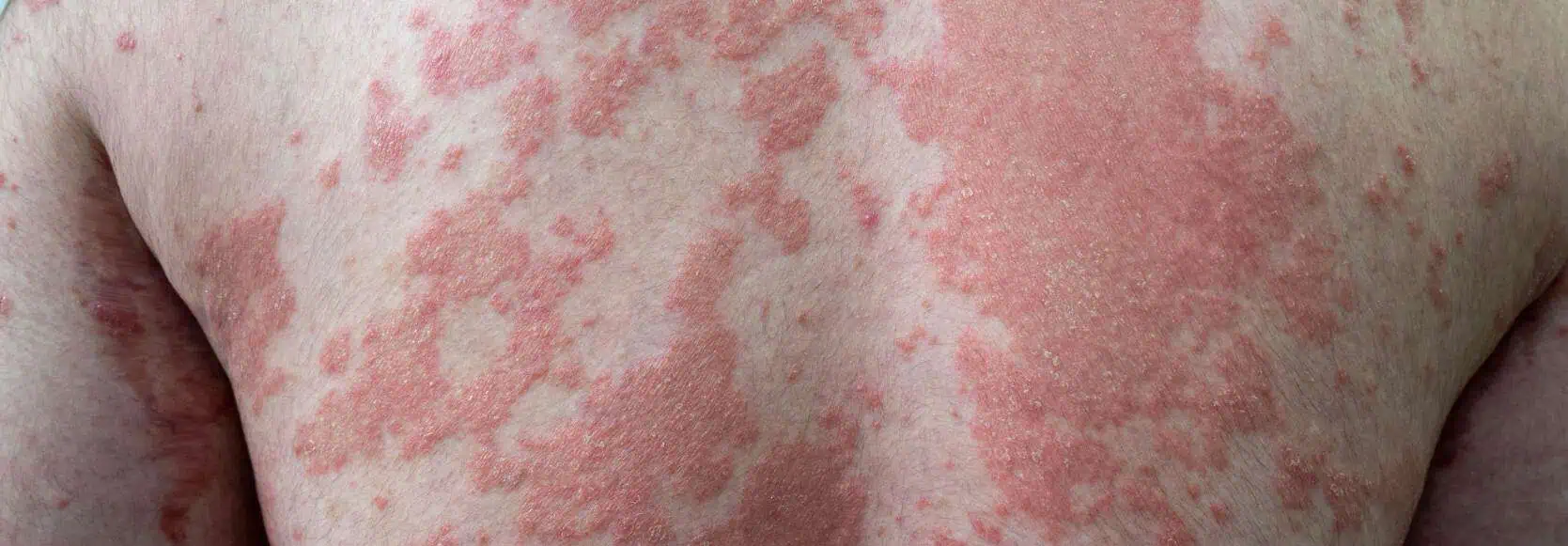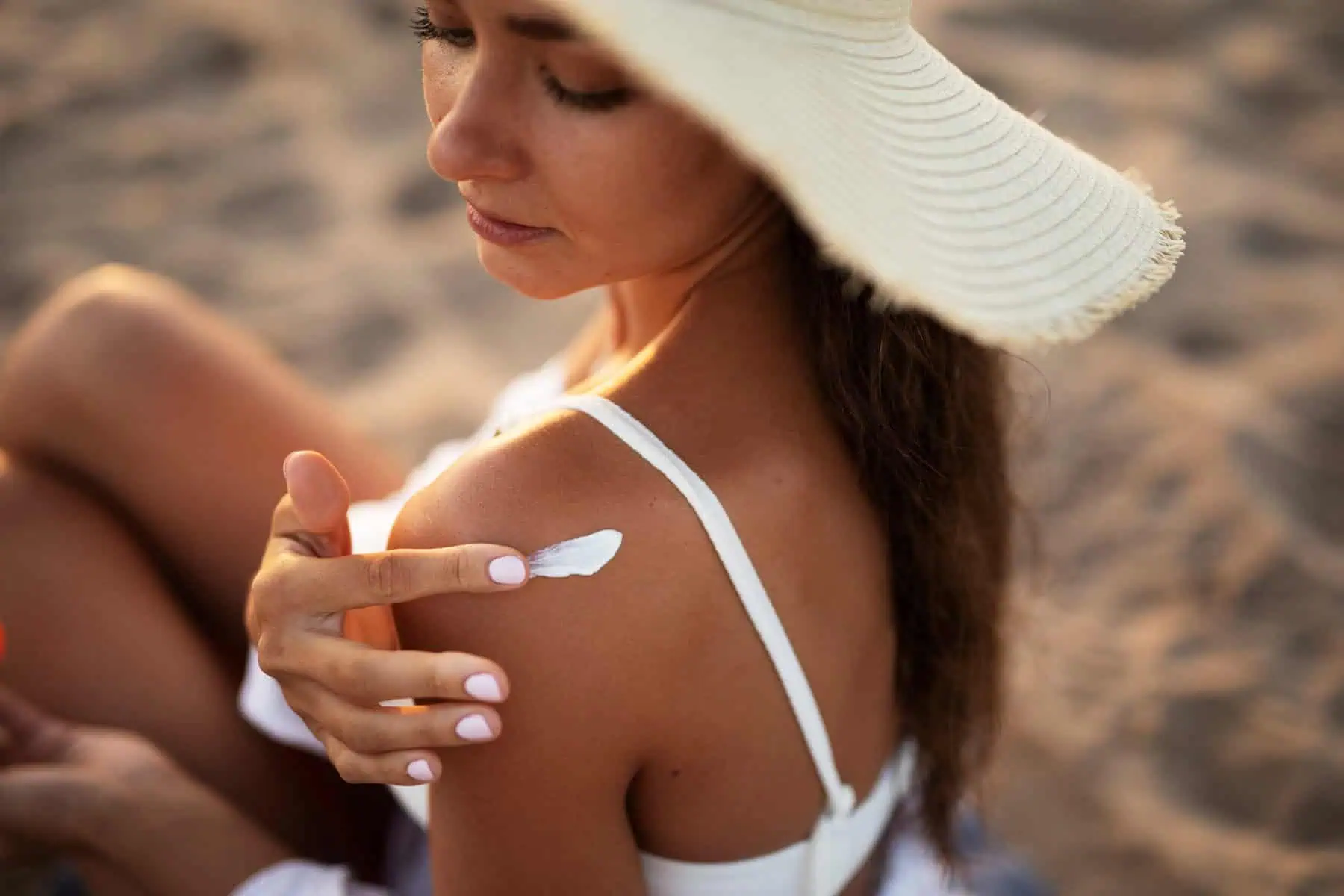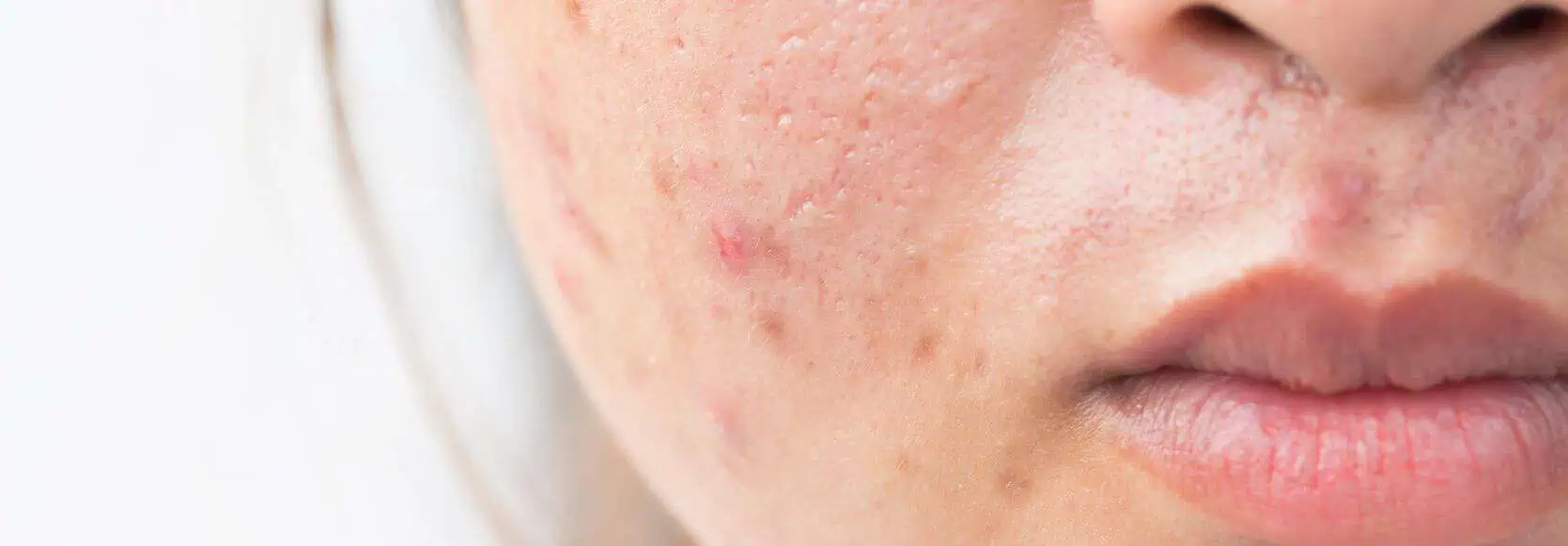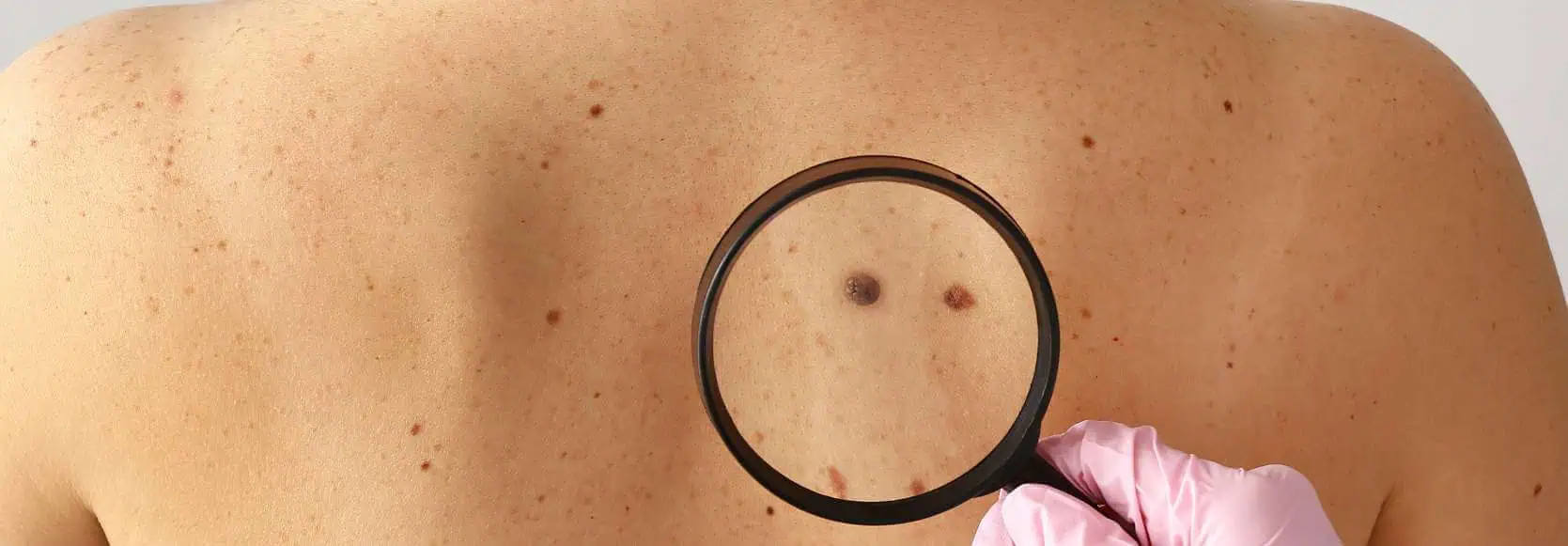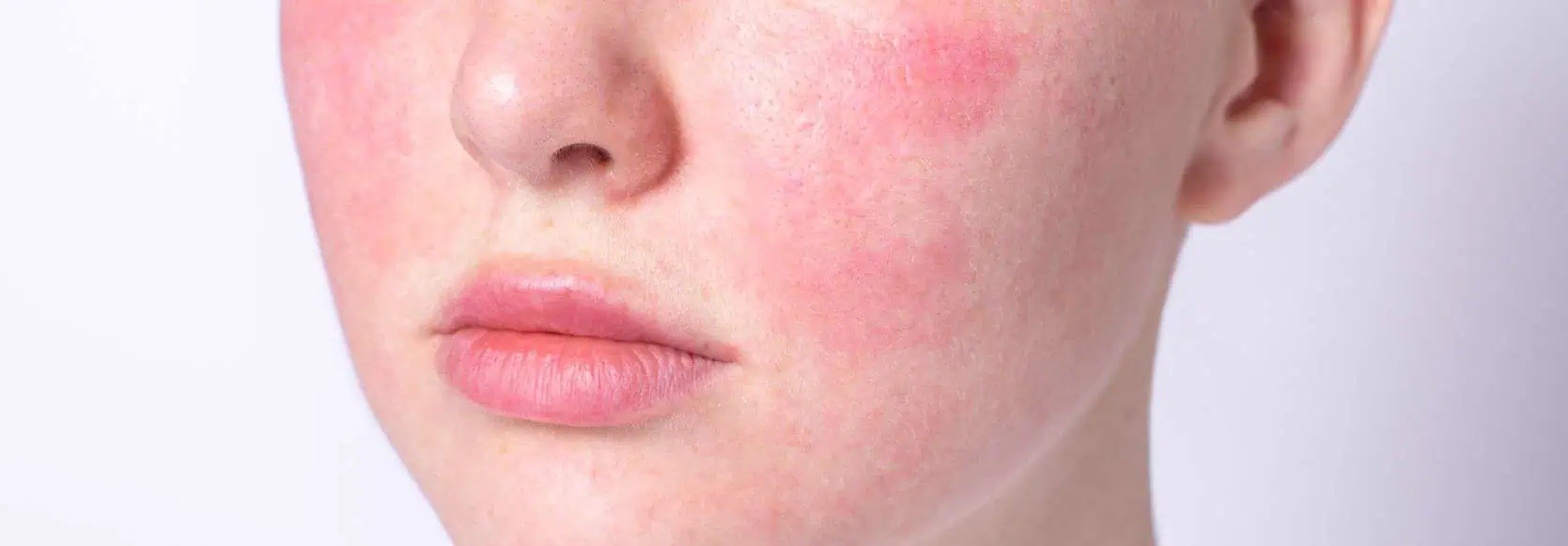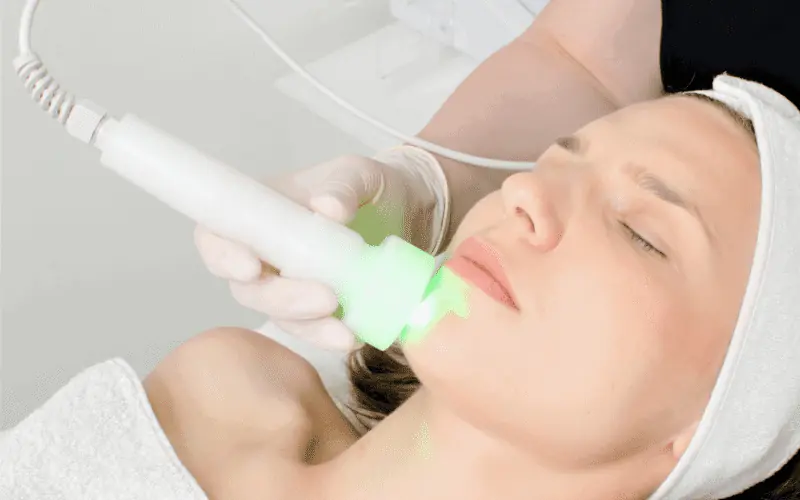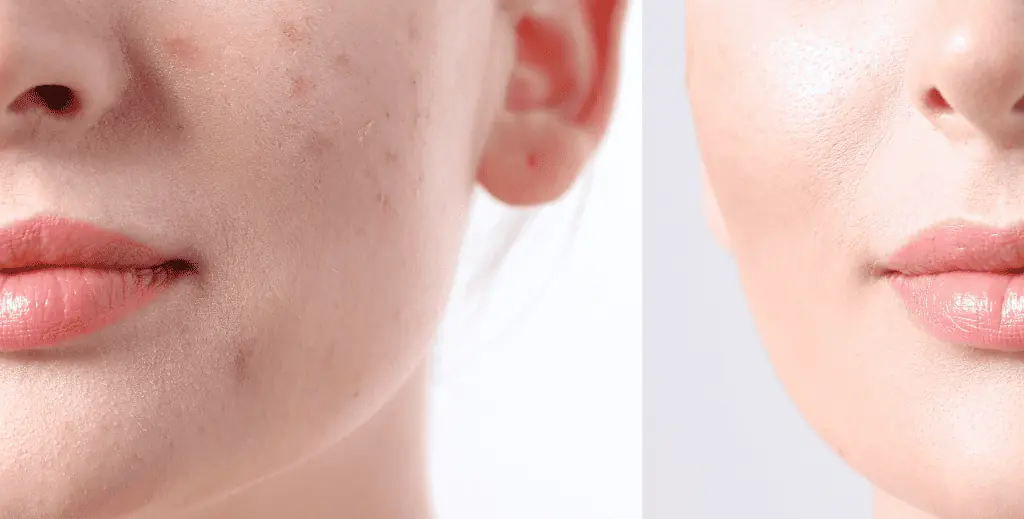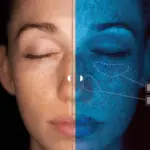Combat Common Autumn Skin Conditions for Healthier Skin
Autumn is a time when the world transforms. Leaves turn brilliant shades of red and gold, temperatures drop and the air becomes crisp. While this season offers a picturesque backdrop, it also presents unique challenges for our skin. For skincare lovers and beauty enthusiasts, adapting your routine to weather changes is not just a trend; […]



